Saudi Arabia Set to Clear Syria's World Bank Debts, Opening Door for Reconstruction Efforts
- by Habil, Syria, RNG247
- about 6 months ago
- 116 views
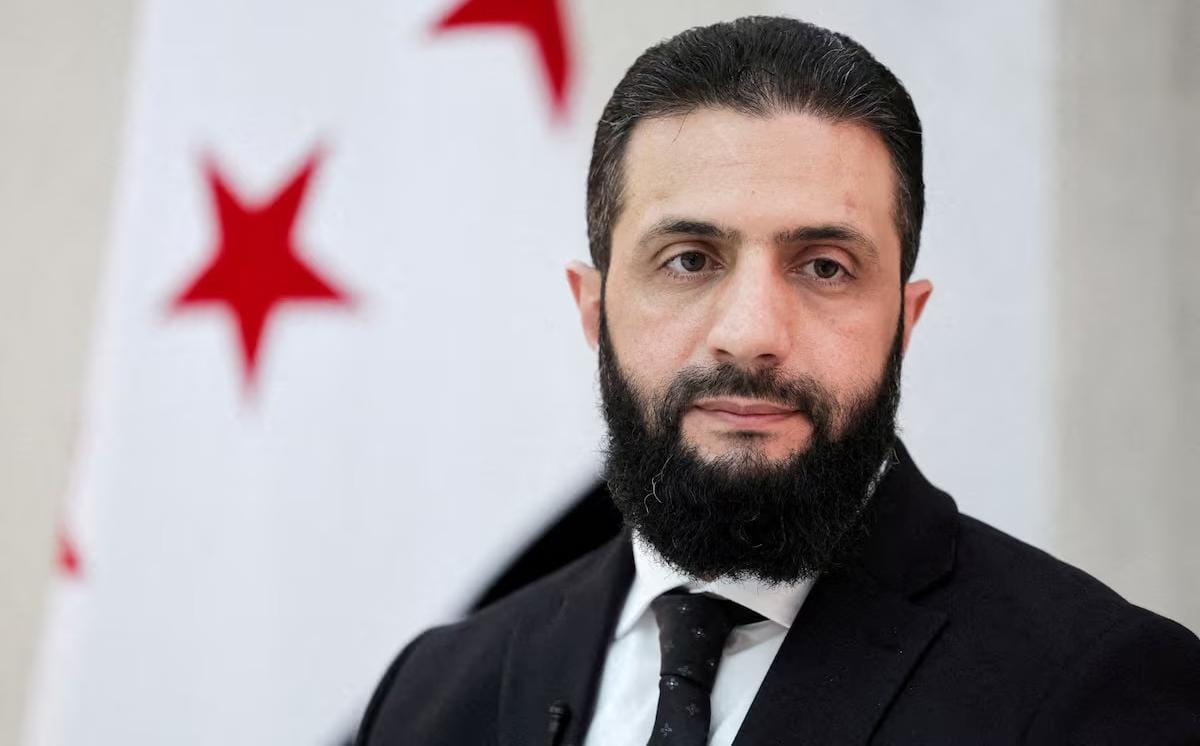
In a surprising diplomatic maneuver, Saudi Arabia is reportedly planning to eliminate Syria's debts to the World Bank, a move that could unlock millions of dollars in essential grants aimed at reconstructing the war-torn nation and revitalizing its struggling public sector. This development, shared by multiple sources with direct knowledge of the situation, marks a significant shift in Saudi Arabia's approach to Syria following last year's ouster of former President Bashar al-Assad by Islamist-led factions.
This initiative represents the first concrete financial commitment from Saudi Arabia to Syria since the regime change, signaling a potential thaw in relations between the two nations and a renewed interest from Gulf Arab states in supporting Syria during its prolonged recovery. Previous efforts to assist the country, including a significant proposal from Qatar to pay public sector salaries, had been stalled due to ongoing uncertainty surrounding U.S. sanctions.
Just last month, Qatar announced an agreement to supply natural gas to Syria via Jordan, an initiative that reportedly received tacit approval from Washington to help address the country’s dire electricity shortages.
Although no official statement has been made by Saudi officials, a spokesperson for the Saudi Ministry of Finance commented, "We do not comment on speculation, but make announcements if and when they become official." Efforts to obtain statements from the Saudi government's media office, the World Bank, and Syrian authorities have yet to yield responses.
Reports indicate that Syria currently holds approximately $15 million in arrears to the World Bank. Clearing this debt is essential for the international financial institution to consider granting further assistance or support. The Syrian government has faced challenges in accumulating foreign currency to settle these debts, and previous attempts to use frozen assets abroad to cover the liabilities have not materialized.
According to insiders, World Bank officials are actively discussing potential financing solutions to help restore Syria’s battered power grid and support public sector salaries. A significant step was taken recently when a technical delegation from the World Bank met with Syria's Finance Minister, Mohammed Yosr Bernieh, in what was reported as the first public interaction between the Syrian government and the World Bank.
During the meeting, held on Monday and reported by the Syrian state news agency Sana, Bernieh underscored the detrimental impact of international sanctions on Syria’s financial and banking sectors. Discussion topics also included strategies for fortifying economic ties between Syria and the World Bank.
Additionally, in a noteworthy diplomatic shift, Syria plans to send a high-level delegation to Washington for the World Bank and International Monetary Fund (IMF) meetings later this month. This marks the first visit by Syrian officials to the U.S. since Assad's removal, although it remains uncertain whether any meetings with U.S. officials will occur.
U.S. sanctions imposed during the Assad regime continue to loom, creating a complex backdrop for any potential engagement. Earlier this year, the U.S. issued a temporary exemption for select sanctions to facilitate humanitarian aid, but the impact was limited. Last month, the U.S. government outlined a series of conditions that Syria must meet for partial sanctions relief, leading to a cautious and divided response within the U.S administration about how to engage with Syria's new leadership.
Some officials advocate for a stringent approach, citing historical ties between the new Syrian rulers and extremist groups as reasons to limit engagement. As Saudi Arabia moves forward with its plans, the outcome of these diplomatic efforts will be closely watched by both regional stakeholders and the international community.



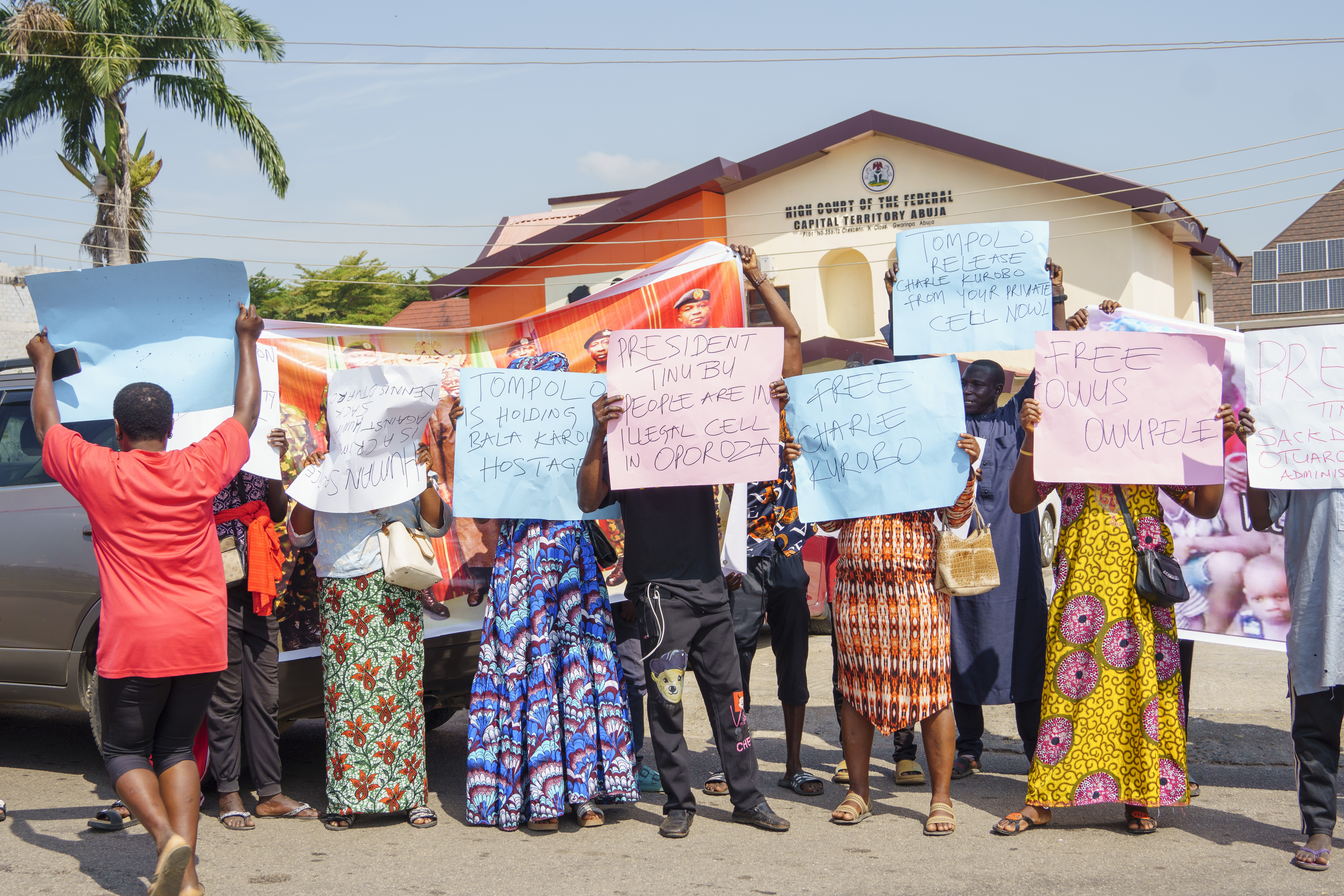



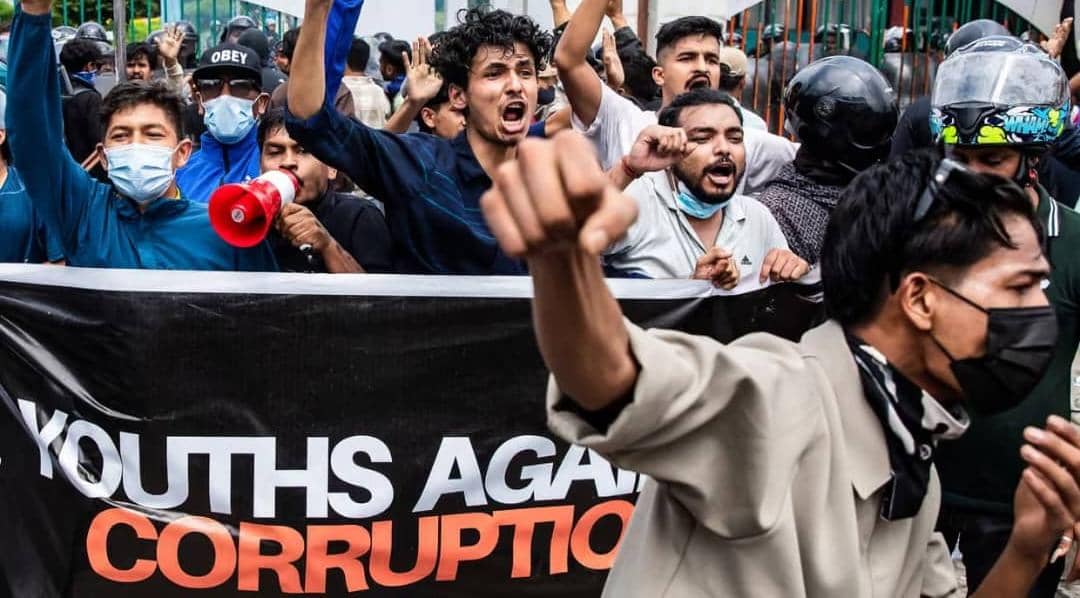
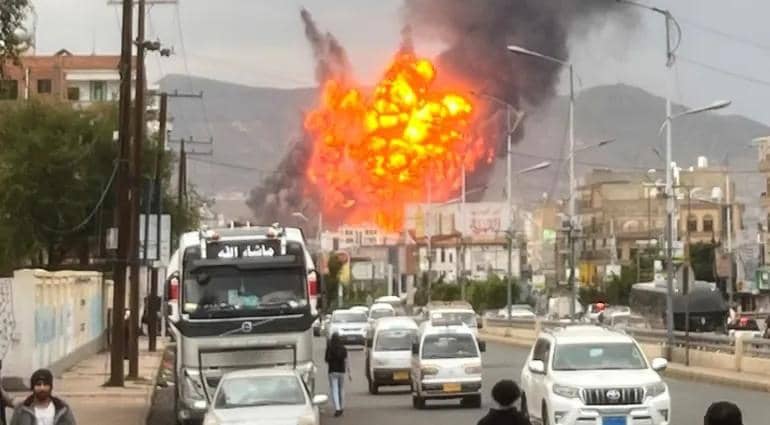
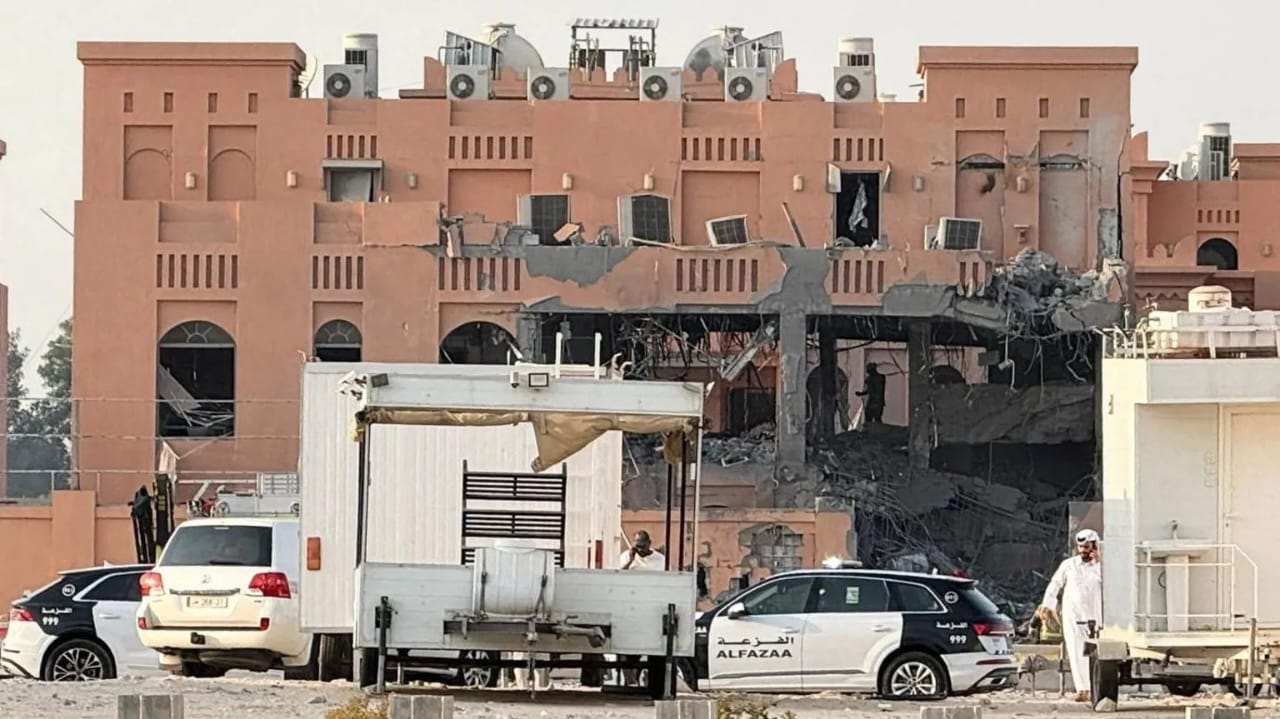
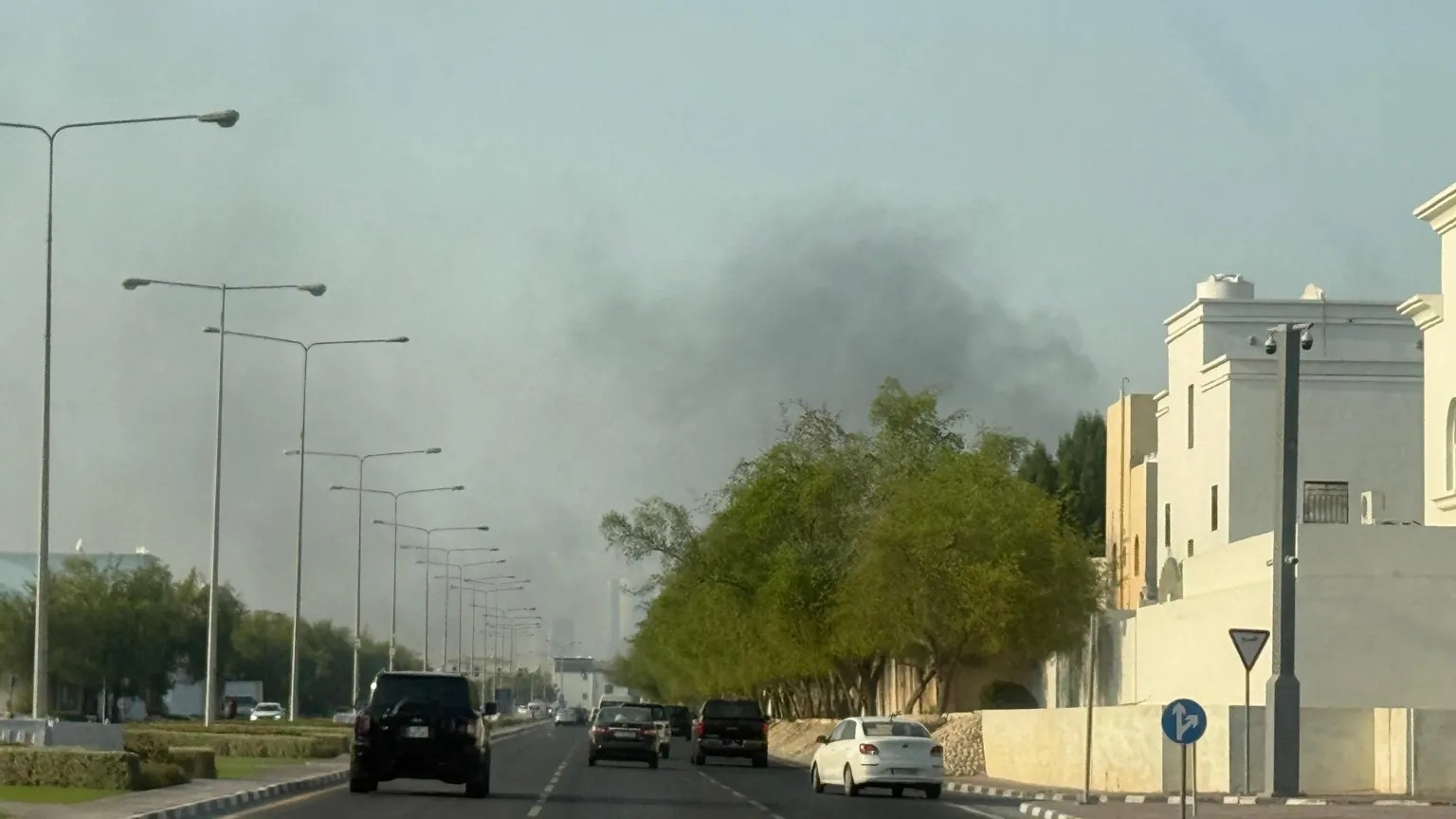

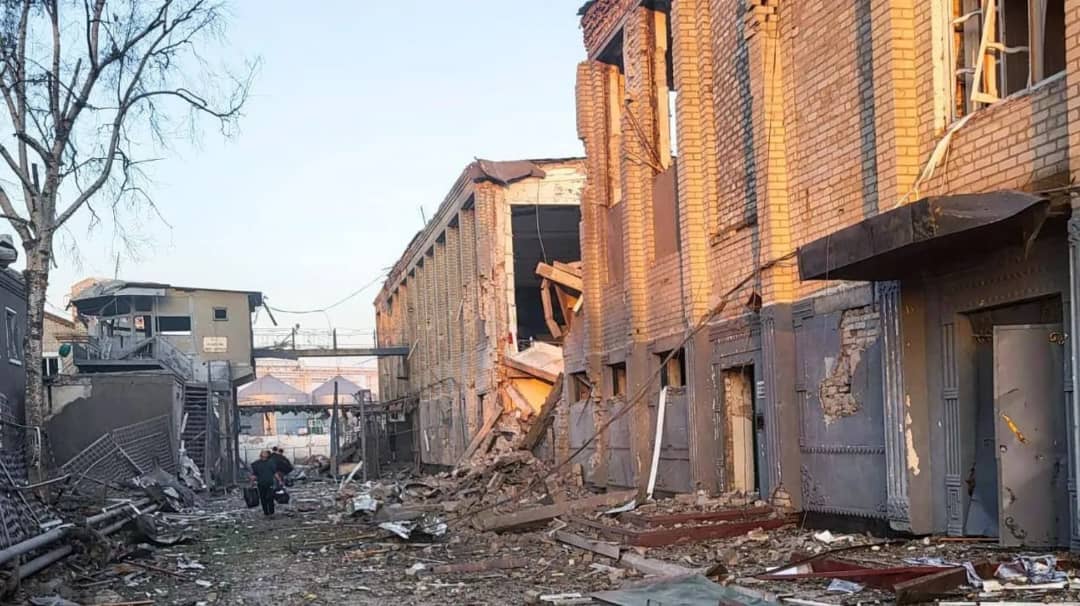
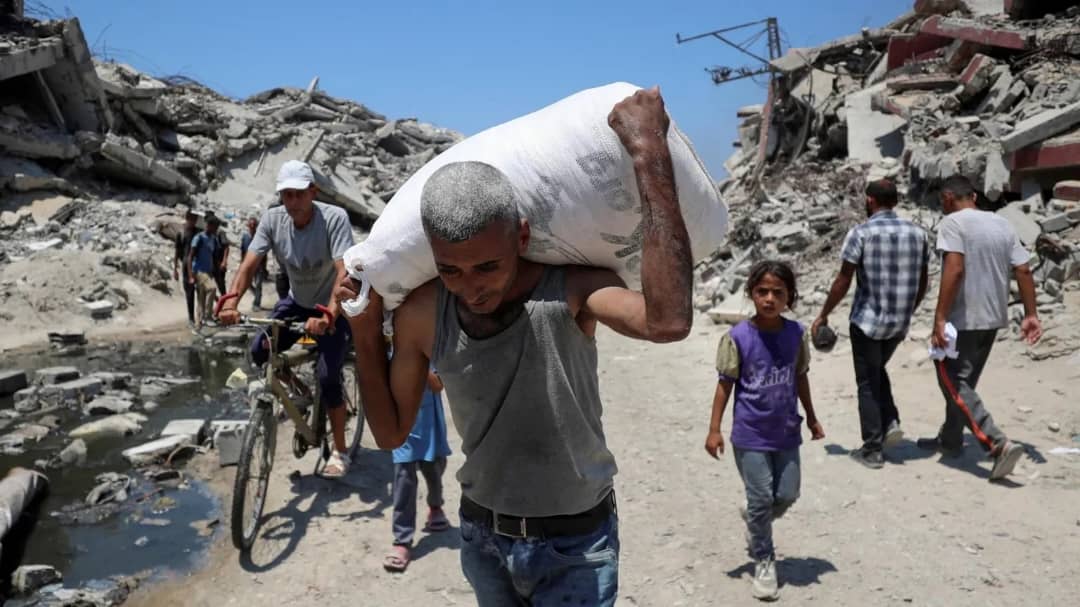
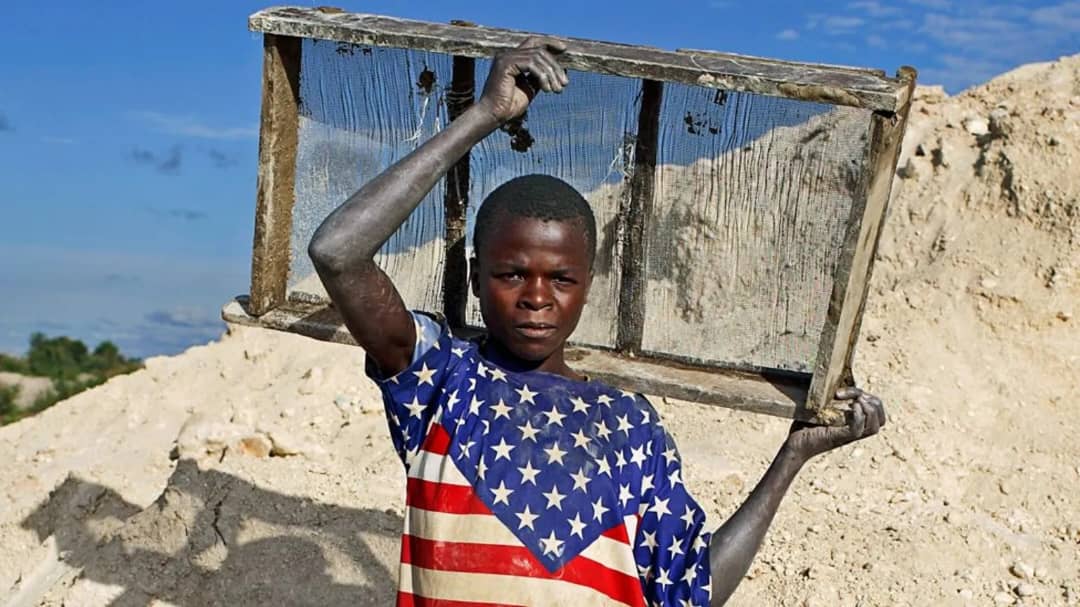

0 Comment(s)